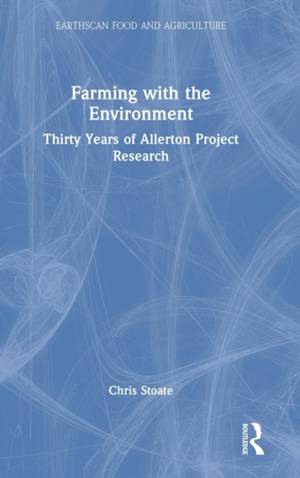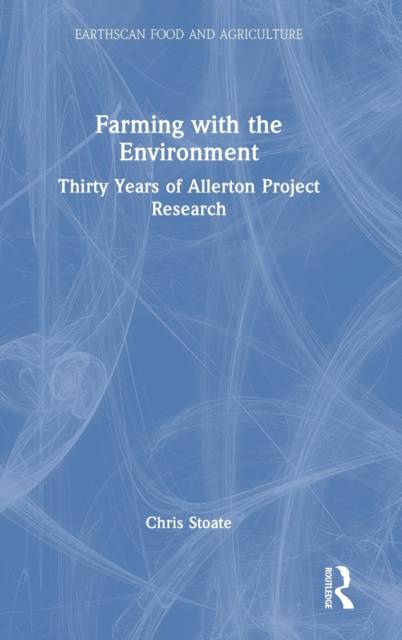
- Retrait gratuit dans votre magasin Club
- 7.000.000 titres dans notre catalogue
- Payer en toute sécurité
- Toujours un magasin près de chez vous
- Retrait gratuit dans votre magasin Club
- 7.000.0000 titres dans notre catalogue
- Payer en toute sécurité
- Toujours un magasin près de chez vous
Description
This book examines, discusses and shares over 30 years' worth of research from the Allerton Project, a research and demonstration farm in the UK which has been carrying out applied interdisciplinary research to explore and explain the need to adapt the management of farmland for environmental protection and to provide public benefits.
Designed to provide guidance, feedback and recommendations to farmers, practitioners and policymakers, the Allerton Project is an exceptionally well-documented case study of lowland agricultural land management which has the purpose of meeting multiple objectives. This book draws on the wealth of knowledge built over the past 30 years and unveils and clarifies the complexity of a number of topical debates about current land and wildlife management at a range of spatial scales, explores the underlying historical context and provides some important pointers to future directions of travel. Topics include soil health and management, farmland ecology, development of management practices to enhance biodiversity, natural flood management, water quality and aquatic ecology. Most importantly, the book demonstrates how the findings from this project relate to agricultural and conservation policy more broadly as well as how they are applicable to similar projects throughout Europe.
This book will be of great interest to professionals working in agricultural land management and conservation, as well as researchers and students of agri-environmental studies and agricultural policy.
Spécifications
Parties prenantes
- Auteur(s) :
- Editeur:
Contenu
- Nombre de pages :
- 218
- Langue:
- Anglais
- Collection :
Caractéristiques
- EAN:
- 9780367749002
- Date de parution :
- 29-07-22
- Format:
- Livre relié
- Format numérique:
- Genaaid
- Dimensions :
- 156 mm x 234 mm
- Poids :
- 508 g

Les avis
Nous publions uniquement les avis qui respectent les conditions requises. Consultez nos conditions pour les avis.






